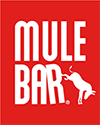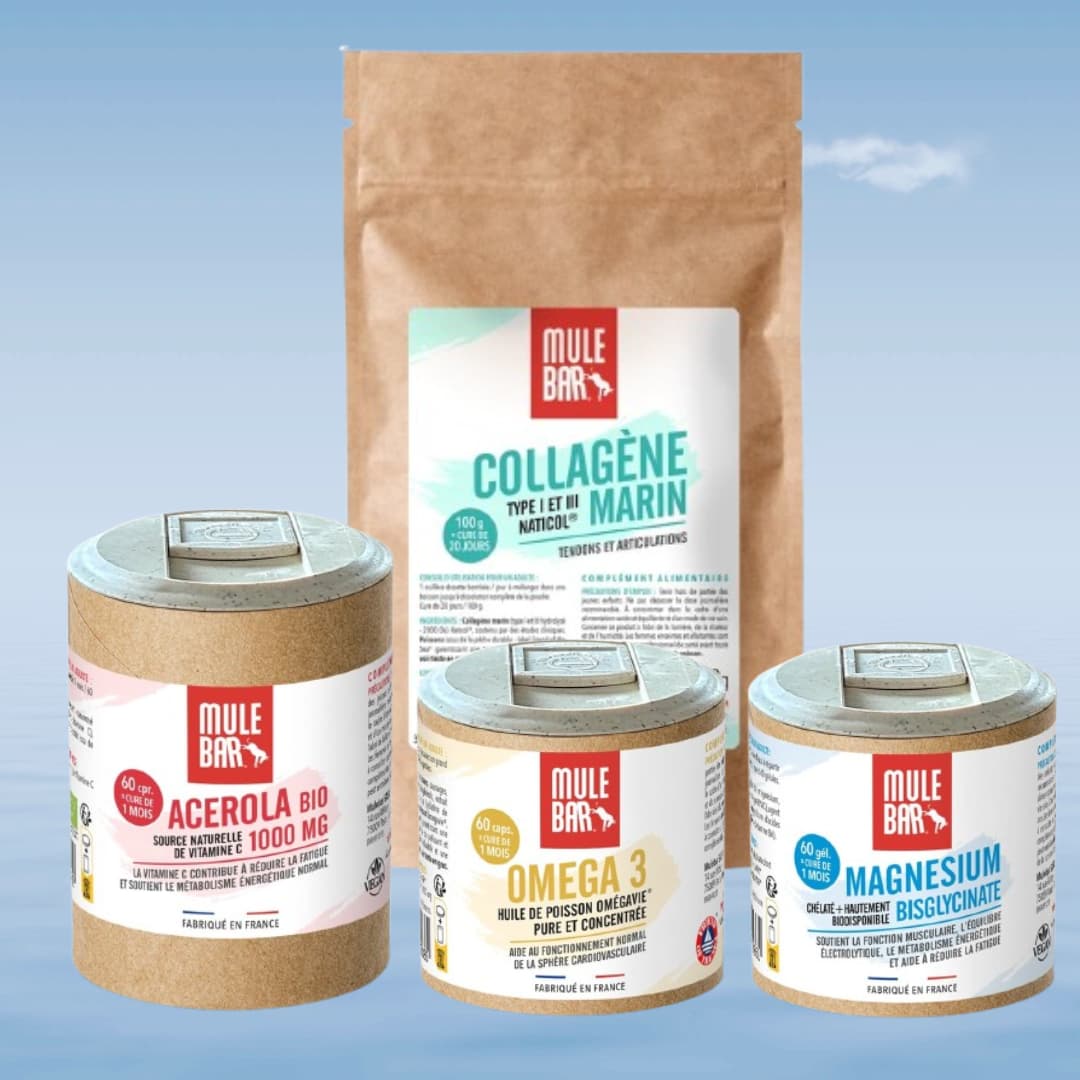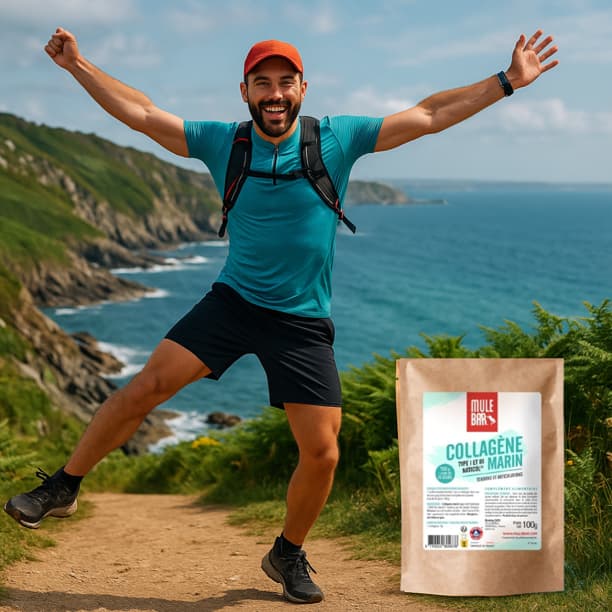Choosing the right sports drink is no easy task, given the variety of options and the sometimes misleading terms. Isotonic, energy, sports drink, hydration formula, or simply an energy drink: each has its own specific characteristics, nutritional benefits, and timing. Understanding their differences is essential for adapting your hydration and energy replenishment strategy to your sport, the intensity of your workout, and the conditions in which you operate. This article guides you through the main categories of powdered drinks to help you select the one that will best support your performance and recovery.
Differences between types of powdered energy drinks
Powdered energy drink mixes come in a variety of formulations. Choosing the right one for your workout and needs is crucial for improving your performance.
An isotonic drink or sports drink , for example, is designed to compensate for water and mineral losses while providing quickly assimilated carbohydrates . Perfect for prolonged efforts such as a marathon or a long hike, this isotonic preparation maintains water balance while providing an energy boost.
The hydration drink offers a more complete formula: it includes amino acids, vitamins , and sometimes stimulants. Ideal for demanding competitions, it intelligently combines vitamins and electrolytes with additional nutrients like BCAAs , depending on the version.
- Hydrating preparations contain few calories but effectively compensate for sodium and magnesium losses.
- They actively prevent muscle cramps
- A strategic choice for athletes controlling their sugar intake
- Essential during events in difficult conditions or for optimal recovery
Beware of standard energy drinks , which are often too high in sugar and stimulants. Although they provide an immediate boost, they are not suitable for hydration during intense exercise because they can accelerate dehydration and cause sudden drops in energy.
Composition and benefits of our Mulebar powdered sports drinks
Our exclusive formulas combine three sources of carbohydrates: maltodextrin , sucrose and fructose . This combination ensures a gradual release of energy thanks to differentiated absorption rates, ideal for maintaining the pace during 1 to 1.5 hours of effort.
DE19 maltodextrin has been carefully selected for its prolonged energy potential. It avoids glycemic fluctuations while delivering constant energy, a key advantage for endurance disciplines.
Essential micronutrients for performance
Each 10g dose per 500ml provides a nutritional concentrate: 8 essential vitamins (including C and B) and 5 major minerals. With 351mg of sodium and 753mg of potassium for optimal hydration, and 152mg of magnesium to support energy production.
This preparation covers approximately 41% of the recommended daily intake per serving. Particularly effective against post-exercise fatigue , it provides 32.5 mg of vitamin C and 152 mg of magnesium after a sustained workout.
- Added BCAAs boost antioxidant defense
- They provide muscle support during sporting activity
- Bicarbonates to regulate muscle acidity
- Zinc (4.05mg) to strengthen the immune system
Discover these multiple benefits in our citrus energy drink , or our red fruit energy drink , available in 600g format or in a 40g unit dose with a delicious natural citrus flavor .

Hydration Drinks: The Perfect Balance Without Calories
Our hydration drinks have been developed to ensure perfect water and electrolyte balance . With only 12 kcal per 500ml dose, this drink preparation effectively compensates for water loss without excessive calorie intake.
This red fruit or citrus flavored powder , available in 250g sachets (25 doses) or in 10g single doses, provides all the essential electrolytes ( sodium , potassium, magnesium , etc.) as well as 8 vitamins (B, C, D, E) to optimize water absorption , reduce fatigue and accelerate recovery. Formulated with bicarbonates to regulate pH, maltodextrin for prolonged energy release, it is suitable for vegan and gluten-free diets, while respecting anti-doping standards. Use: 10g per 500ml (25 doses per 250g sachet), up to 3 times a day before, during or after exercise .
Discover this powdered hydration drink with red fruits
Optimized formulation for sports hydration
The included bicarbonates help neutralize the acidity produced during exercise , thus improving comfort during training. Its very light taste and natural aroma allow regular consumption without saturation.
100% natural, this preparation contains sodium chloride and natural flavors.
Our Mulebar Citrus 250g Powdered Hydration Drink offers the same great qualities with a very thirst-quenching taste .

When and how to use these energy drinks
For workouts lasting less than an hour, water remains the best option. Electrolyte powder only becomes necessary in cases of heavy sweating or high temperatures. For example, a 45-minute jog in the heat may justify using a water/electrolyte mix.
For prolonged activities (more than an hour) or endurance events, opt for an isotonic drink specifically designed for exercise . These preparations ensure an ideal balance between carbohydrates and electrolytes . During a 2-hour bike ride, for example, alternate between pure water and small, regular sips of isotonic drink (around 500ml).
Dosage and customization according to your needs
The optimal concentration for an isotonic solution is between 6% and 8% carbohydrates (i.e. 60 to 80g of powder per liter of water). For half a liter, 30 to 40g of powder will be enough.
- Prepare your drink in a container, strictly following the instructions.
- Adjust the concentration according to climatic conditions and your digestive tolerance
- Reduce the dosage slightly for altitude exercise
- Consume in small, regular amounts (150-250ml every 15-20 minutes)
The powder format allows for personalized dosing. A cyclist on a summer stage will drink about one bottle per hour, while a winter rider can space out their intakes every 90-120 minutes.
Choose between hypotonic, isotonic or hypertonic
Hypotonic drinks , which are lower in electrolytes and carbohydrates than blood, provide immediate hydration. They are ideal for moderate activities (yoga, walking, etc.) when you want to hydrate without adding extra calories .
Isotonic drinks replicate blood levels for perfect absorption . Essential for endurance sports (cycling, marathons, etc.), they precisely meet the needs of efforts lasting more than an hour.
Hypertonic drinks , on the other hand, are more concentrated in carbohydrates and minerals than blood plasma. They promote a rapid replenishment of energy reserves after exercise, but are less suitable during activity because their assimilation is slower and can cause digestive discomfort. They therefore find their place in the recovery phase, particularly after intense training or a long competition, to quickly restore glycogen and minerals.
Risks and precautions for use
Hydrating with water alone during exercise leads to a risky drop in sodium levels, which can cause nausea, migraines, and even more serious complications. Compensating for mineral losses then becomes crucial.
These preparations represent an excellent complement to a balanced diet, particularly useful when you feel tired after intensive sessions.
Frequently Asked Questions
What is the difference between powder and effervescent tablet?
Powder allows you to easily prepare your energy drink , guaranteeing a perfect mix, but it is not as practical as a tablet that you can take with you (cycling, running). It offers better dosage control and a very natural taste , unlike tablets. In addition, it contains more active ingredients with fewer additives than a tablet, which is necessarily reduced in size.
What are the benefits of Mulebar powdered energy drink?
Our drink mixes are ideal for athletes and are made with natural ingredients. They provide optimal hydration during exercise , with isotonic options for better absorption . Made in France and certified anti-doping by AFNOR, our powders are easy to prepare to support your athletic performance.
Just read the comparisons of our sports drinks and our hydration drinks with other references on the market to immediately understand, without being a doctor in nutrition, that our formulas are much better dosed.
How to dose a powdered hydration drink?
For optimal hydration during exercise , mix 10g of powder with 500ml of water. We recommend one 500ml bottle per hour of exercise , without exceeding 3 bottles per day. Adjust according to your activity and conditions for better absorption and digestion.




Leave a comment
This site is protected by hCaptcha and the hCaptcha Privacy Policy and Terms of Service apply.